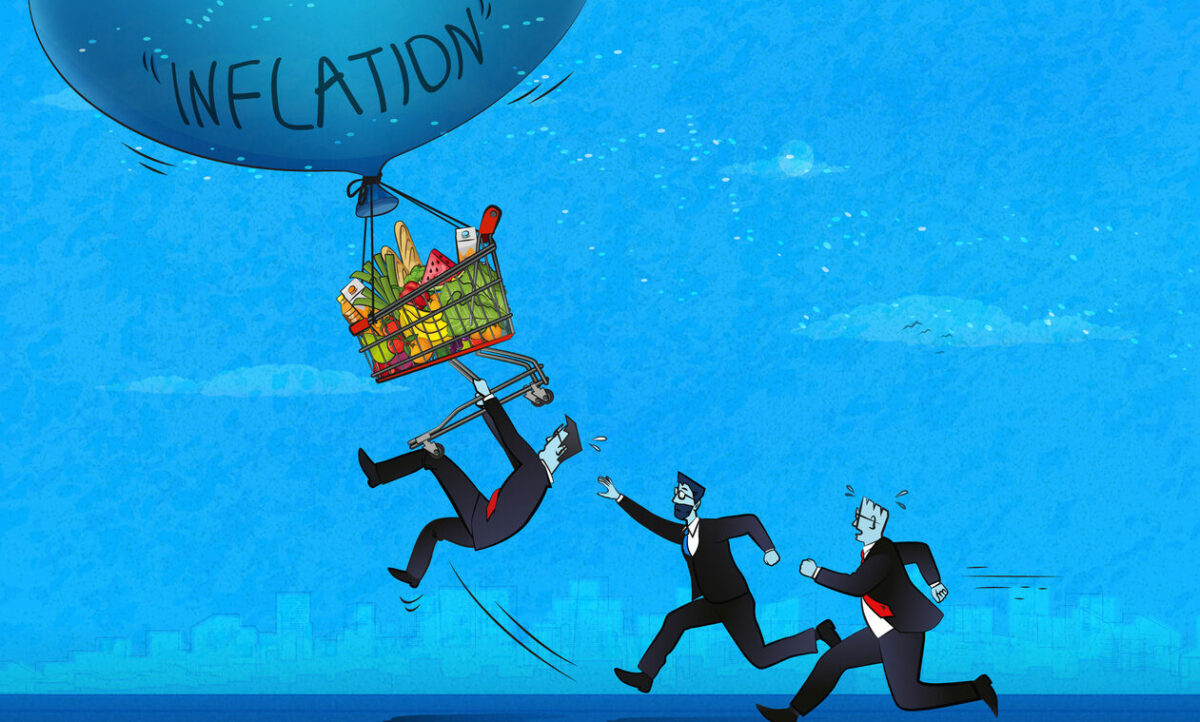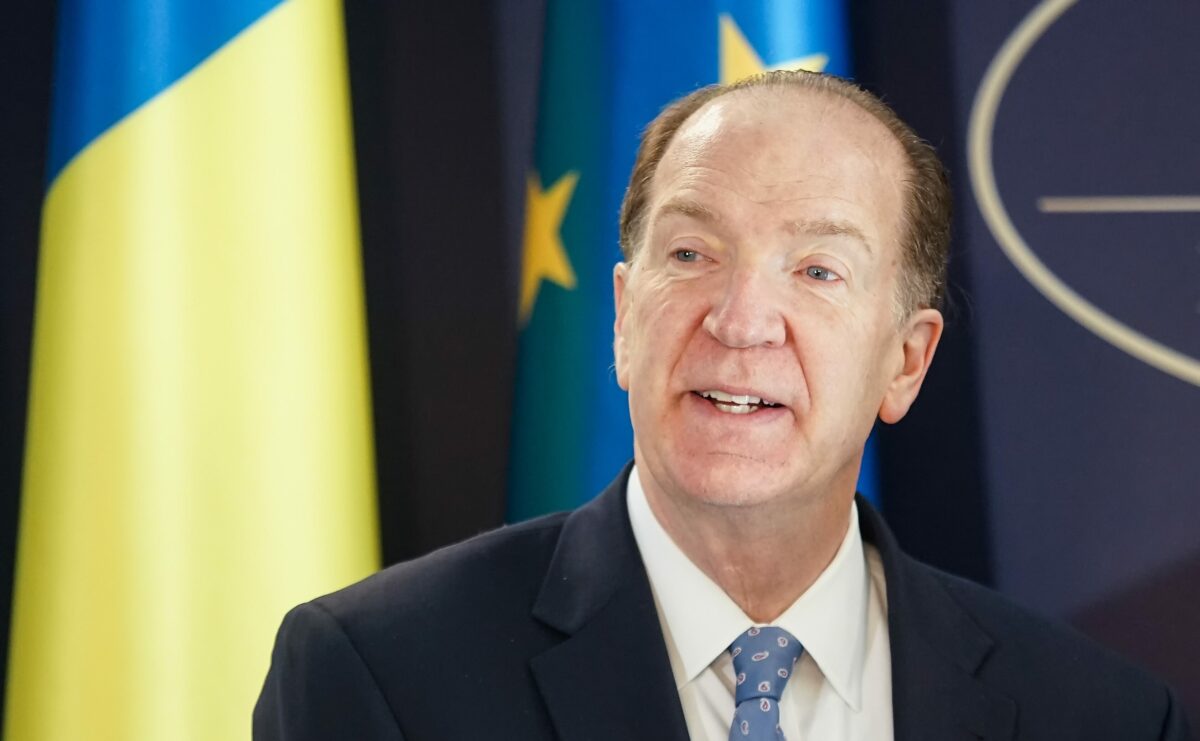Iceland launches ‘ethical’ credit scheme as UK inflation hits new record of 10.1%

UK inflation hit another record high in July, rising above 10% for the first time in 40 years.
The Office for National Statistics has reported that the consumer prices index (CPI), the preferred metric used to measure inflation, rose by 10.1% in the year to July 2022. This is up from 9.4% in June.
July’s reading has pushed the UK into double figures of inflation sooner than anticipated and exceeded the 9.8% which City economists had predicted.
Soaring prices for food and drink have driven the inflation rise. On average, food prices rose 2.3% between June and July – the biggest monthly hike since May 2001. According to the ONS, the biggest increases came from bakery products, dairy, meat and vegetables.
There are some significant outliers to the 2.3% average rise, however. The products with the highest price increases include low fat milk, which has risen in cost by 34%, butter at 27.1% and pasta at 24.4%.
Other staple products like pet food, toilet rolls and certain personal hygiene products also rose significantly in price.
With food becoming an increasingly expensive part of life, supermarket Iceland has announced a novel way of helping its customers afford their shopping while inflation continues to rise.
Working with charity-owned loan lender Fair for You, the supermarket has launched the Food Club Card – a flexible credit solution enabling customers to access short-term micro loans.
Micro loans of between £25 and £100 are being made available on pre-loaded cards. Repayments are interest-free and are set at £10 a week.
Customers may only take out one loan at a time, during six windows throughout the year. These windows have been planned to coincide with school holidays, to ensure that those on the lowest incomes are able to feed themselves and their children while unable to rely on free school meals.
The card scheme is open exclusively to new customers, and when approved, the credit can be used both online and in Iceland stores.
Richard Walker, Managing Director of Iceland Foods, said: “More than ever, people are struggling to purchase much needed everyday items during this relentless cost of living crisis, and fresh thinking is required by business and government to find workable solutions.
“To those striving to worry less about how they will afford essential goods, this ethical credit scheme delivers real help when most needed and I believe it will make a valuable contribution to breaking the cycle of food poverty in this country.”
It has long been a concern that rising food costs would price out the most vulnerable, leaving them with less nutritious food, or none at all. As inflation increases, supermarkets beyond Iceland have begun launching their own initiatives in a bid to mitigate the impact of the cost-of-living crisis.
Back in May, ‘Big Four’ retailer Tesco has launched the Better Baskets campaign which aims to help customers choose more nutritious foods at lower prices.
Since the start of the summer holidays, several supermarkets have also launched initiatives to help families access cheap meals. In many cases however, these tend to push children towards foods that are ultra-processed, according to experts.
Find out what experts think rising inflation means for the food industry in this episode of the Food Matters Live Podcast episode:








